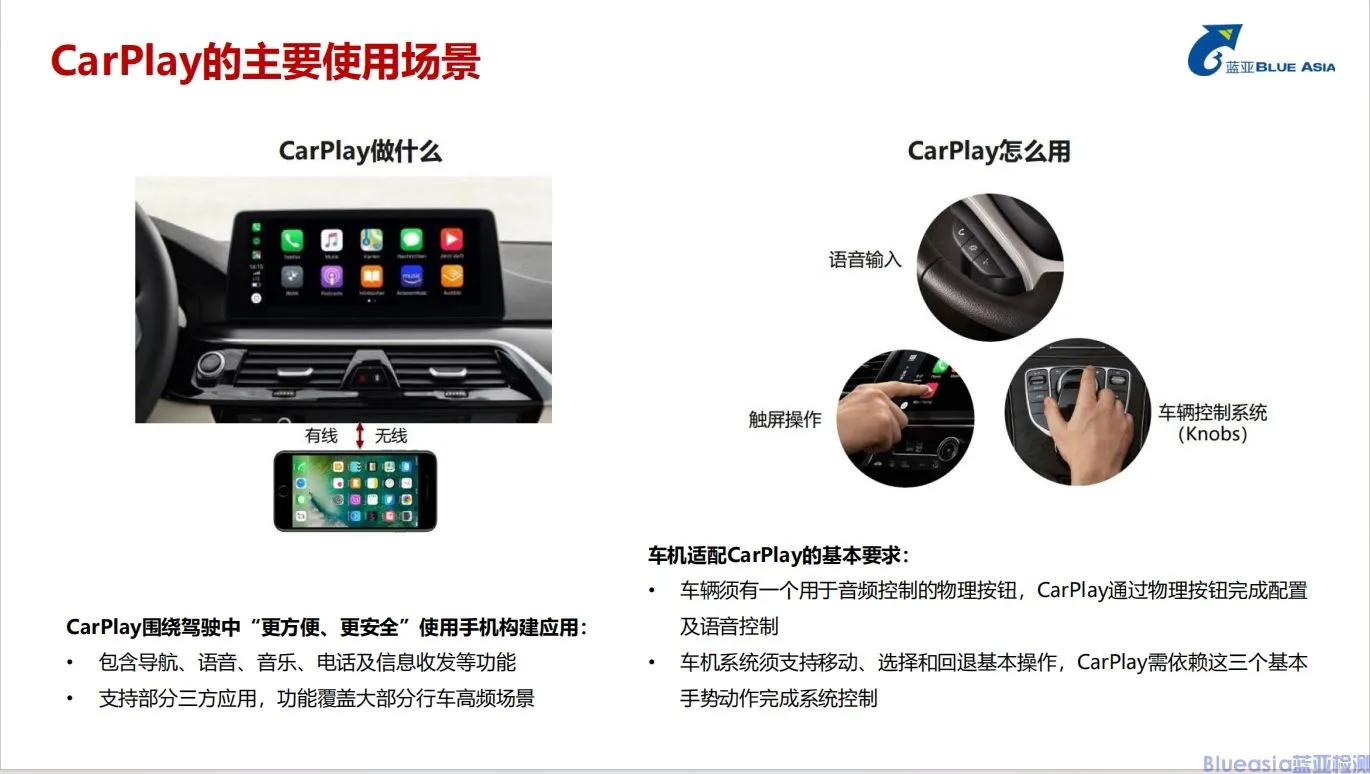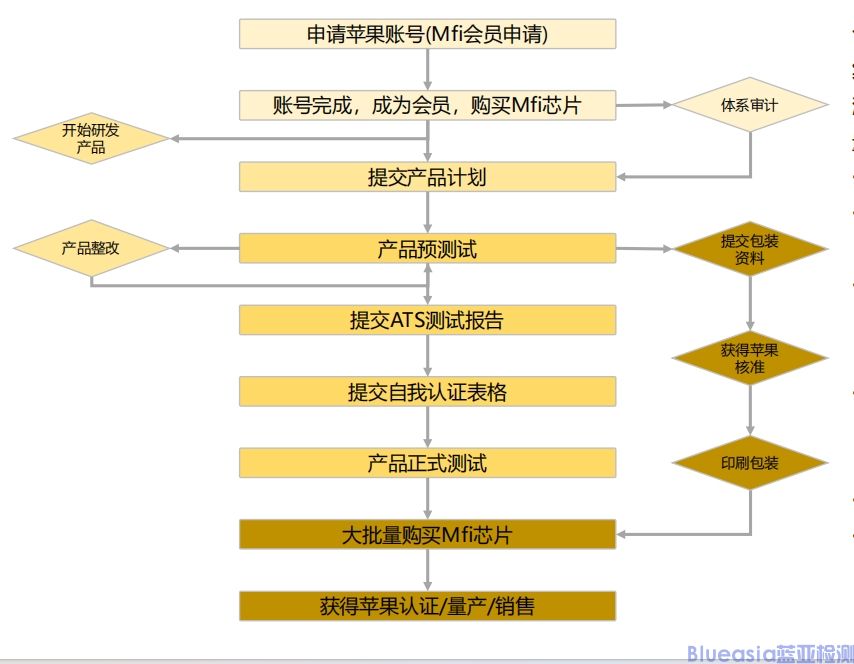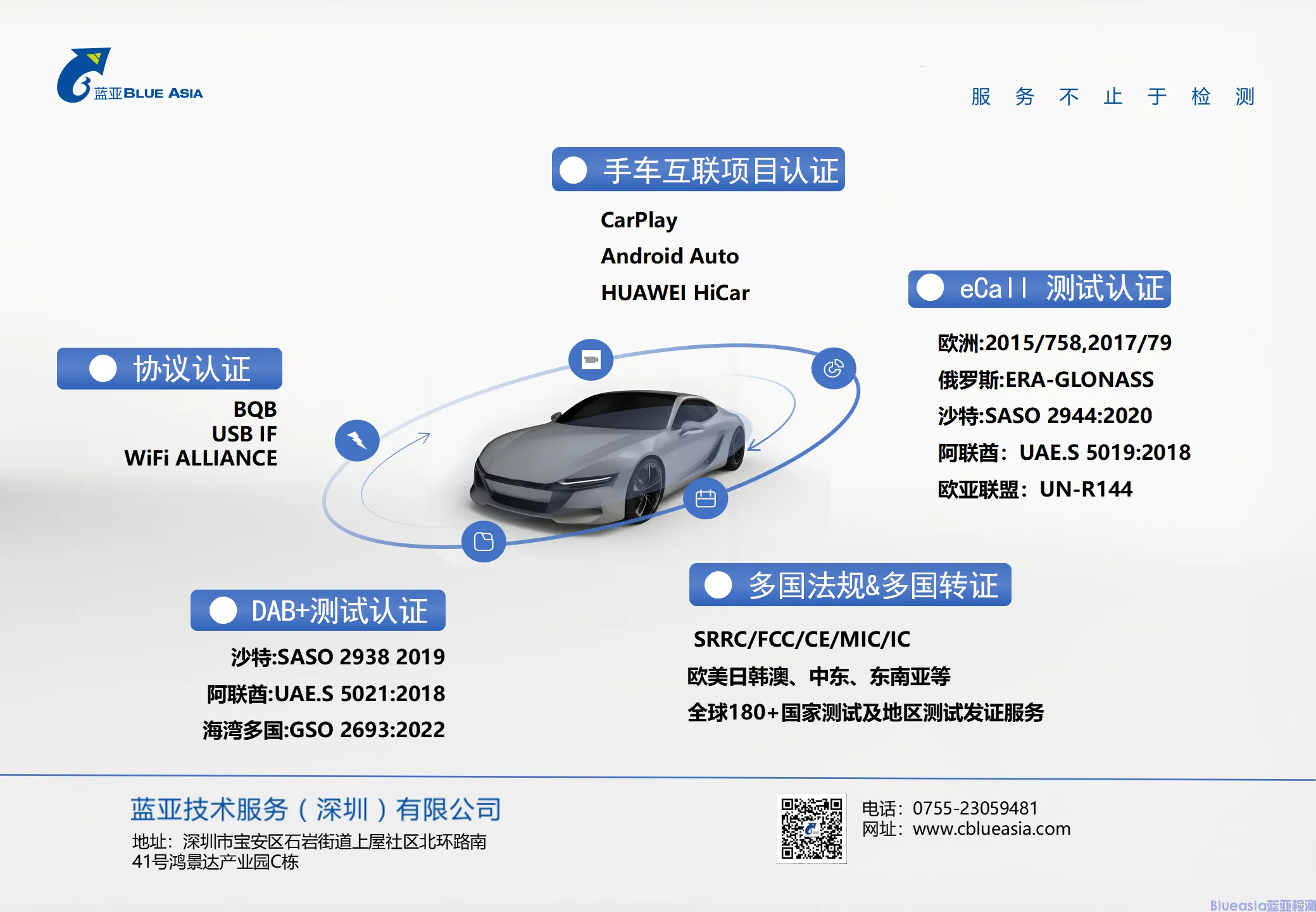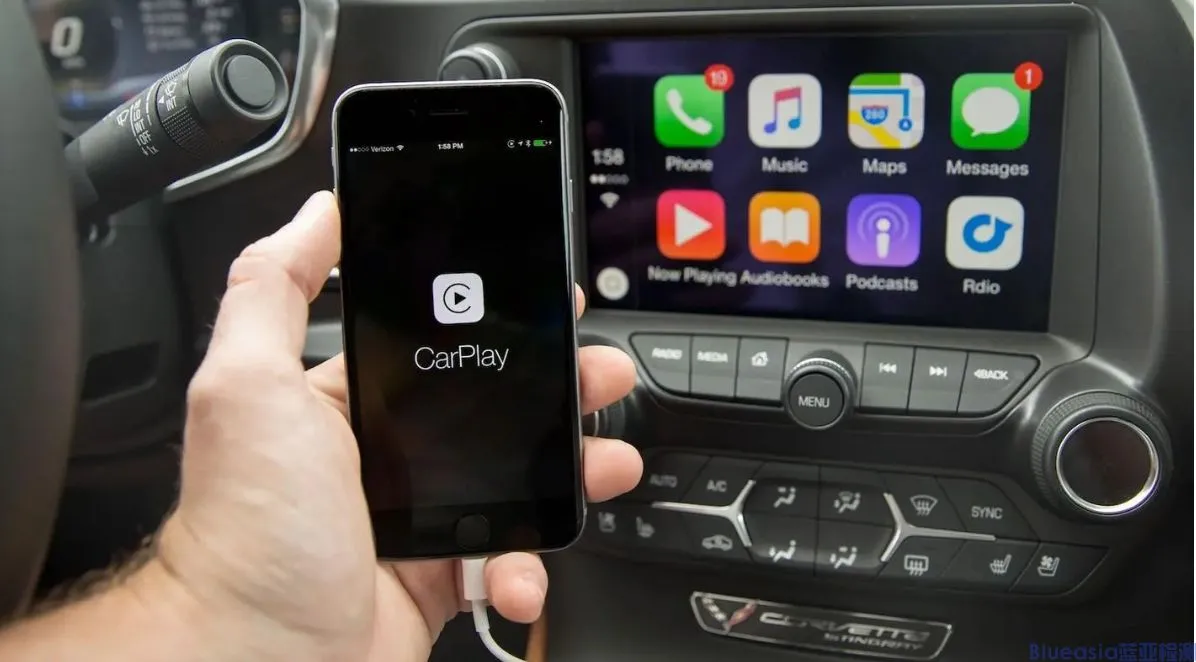Apple announced its iOS in the Car initiative in 2013, commencing the rollout of in-car connectivity solutions, which it formally named CarPlay in 2014.
Following years of product iteration and market development, CarPlay has achieved substantial market share internationally. It boasts a rich ecosystem of
partners, comprehensive tools, and rigorous certification testing procedures, consistently setting the industry benchmark for in-car connectivity solutions.

CarPlay Certification Guide (Figure 1)
• Apple CarPlay once commanded over 50% global market share, with over 98% of vehicles in the US supporting the system. 79% of American consumers
stated they would only purchase cars compatible with CarPlay;
• Following the announcement of Apple's vehicle manufacturing initiative and the CarPlay 2.0 phase's takeover of all in-car displays, Apple's solution required
manufacturers to open extensive vehicle data access. This led to fluctuations in CarPlay's market share;

CarPlay Certification Guide (Fig. 2)
• The legacy CarPlay focused on infotainment via the central display, primarily offering communication, entertainment, and navigation functions.
• The new CarPlay evolves towards vehicle control domains, enabling access to instrument cluster data (e.g., speed, RPM, fuel level, climate control)
and control over systems like air conditioning and seats.

CarPlay Certification Guide (Figure 3)
Partnership Access: Become a member
Integration Development: Create project, obtain ID and documentation, develop product
Testing & Certification: Pass self-testing + certification
Mass Production & Sales: Procure chips, mass produce, integrate and sell • The end-to-end process from application to commercialisation typically takes 1-2 years;
• Although CarPlay is a software connectivity solution, integration requires adherence to MFi programme requirements and procurement of chips;
• Applying for MFi factory certification involves system audits and on-site factory inspections to ensure partners meet Apple's procurement and production standards;
• MFi members must submit quarterly reports detailing chip usage in Apple CarPlay-equipped vehicles. Failure to submit timely reports may result in additional audits
or account suspension;
• Packaging requires authorised logo usage and design material review;
• Apple typically accepts membership applications from vehicle manufacturers. Software developers or certification bodies cannot apply on behalf of automakers but may
provide guidance and assistance;
BlueAsia Automotive Connectivity Laboratory Services and Scope

CarPlay Certification Guide (Figure 4)
BlueAsia Automotive Connectivity Laboratory currently provides: HUAWEI HiCar certification testing; APPLE CarPlay bench pre-testing and road pre-testing; GOOGLE
Android Auto bench pre-testing and road pre-testing; Baidu CarLife pre-testing services.
Extended Connectivity Services: Beyond connectivity testing, we integrate resources to provide in-vehicle functional software development: CarPlay and Android Auto
development outsourcing services, alongside software acceptance testing outsourcing for OEMs.
